Plastics recycling via pyrolysis 21-09-2021 - Arhive
Plastics recycling via pyrolysis
Crude Oil Prices Trend
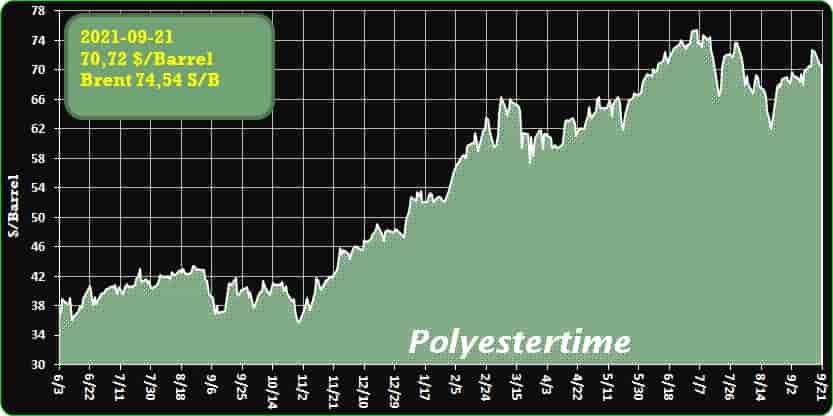
-Plastics recycling via pyrolysis: small-scale vs large-scale?
Commercialization of pyrolysis technology for large-scale plastic chemical recycling is on the rise.
So, Jonny Goyal, Research and Analysis Associate Director with IHS Markit’s Circular Plastics Service, has a comprehensive rundown on a ramping up of the degradation of plastics at high temperatures for Net-Zero Business Daily readers.
Pyrolysis, as Goyal notes in a recent whitepaper, is one of the main methods for chemical recycling of plastics. While plastic recycling is gaining momentum, many companies are still struggling in scaling up pyrolysis technology
Pyrolysis plants of 500 mt/day to 3,000 mt/day are being discussed by industry players and are needed to accelerate momentum in plastic recycling across all different industries around the globe so that significant progress toward a circular plastics model can be achieved, according to Goyal.
At present, waste plastic chemical recycling via pyrolysis is available only at a small scale (10-50 mt/day).
Many plants with a capacity of 50-300 mt/day are still in the planning and construction stage, and firms are increasingly exploring the huge potential of chemical recycling via pyrolysis so that a large volume of plastic waste can be handled.lysis: small-scale vs large-scale?

-New standards in plastics recycling
Processing up to eight metric tons of PP waste carpet per hour
Stock market listed PureCycle Technologies launches a multi-million dollar recycling project in the USA. PureCycle uses a highly innovative process to convert carpet scraps based on polypropylene (PP) composite material into high-purity pellets that are equivalent to virgin material.
The company’s flagship plant is underway in Ohio and is scheduled to begin operating at scale in 2022. The plant will be equipped with several extruders delivered by Hannover-based KraussMaffei Extrusion, based primarily on its unparalleled expertise and uncompromising customer support.”We are extremely pleased about this order and the trust PureCycle has placed in us. Acting as a full-line provider of various extrusion technologies, we are in a position to deliver an outstanding high-performance package solution that enables efficient and resource-conserving plastics recycling and offers substantial added value.”Carl Philip Pöpel, Director Product Management at KraussMaffei
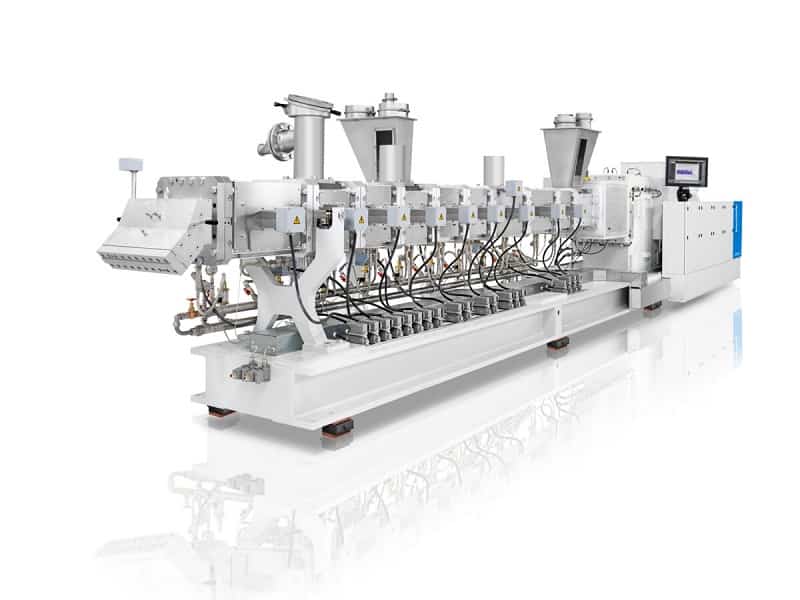
-AIMPLAS to hold first edition of International Seminar on Plastics Recycling
Categories: Developments and trends in plastics recycling, Plastics industry training and events
The future of the plastics industry involves adapting to the circular economy. In this production model, the aim is to reduce the amount of resources used as much as possible. In the specific case of plastics, which are highly recyclable, plastic waste can be recovered and reused as a resource.
Plastics recycling has therefore gained importance in recent years and become a key part of the plastics industry, which has made continuous improvements through R&D and the use of new technologies.
This is an excellent reason for AIMPLAS to launch the first edition of its International Seminar on Plastics Recycling, which will be held on 1-2 December in hybrid format (face to face and via live streaming). Sponsored by Tomra, Coperion, Alser, Leistritz, Sogapol, Bravender, Gravipes, Eversia, Picvisa, Raorsa and Altero, the event will focus on the challenges and opportunities of managing and recycling plastic waste. The implementation of international initiatives in the industry will also be discussed.

-Multimac sees rise in seat orders for electric vehicles
Child car seat manufacturer Multimac has announced that over the past year the company has experienced a rise in demand for seat orders for electric vehicles, as the EV market continues to grow.
Based in Birmingham, UK, the company produces a car-seat system that can safely accommodate three or four children in the back seat of most cars, eliminating the need for customers to buy larger cars or a people carriers. The seats come in seven different sizes to accommodate children up to 12 years old and have been fitted to a range of Nissan Leafs, Porsche Taycans, and a multitude of Teslas.
The Multimac seat is built around an aluminum structure to absorb maximum energy and to provide children with what the manufacturer claims to be the best possible performance and protection in the event of a crash.
“The topic of climate change has been bubbling away in the background for decades, but it seems as though we are finally entering that phase where the majority of people do want to make serious changes to their daily lives in order to help reduce their impact on the environment,” commented Kevin Macliver, founder and CEO, Multimac.
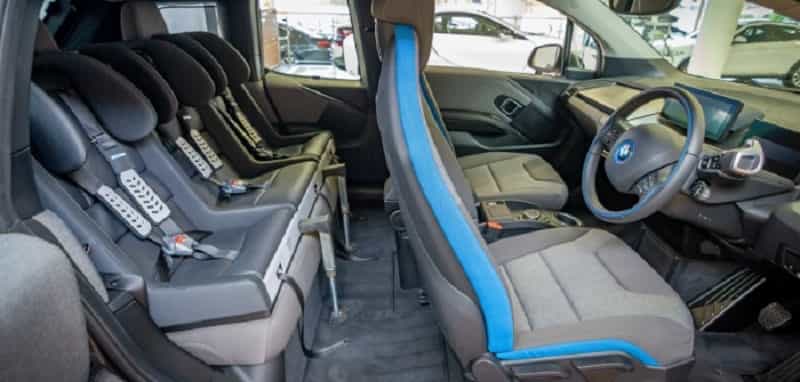
-SABIC, ExxonMobil starts commissioning PE, MEG units at US site
Saudi Arabia chemicals major SABIC on Sunday said that its joint venture project with ExxonMobil near Corpus Christi, Texas, has started commissioning activities and is preparing for initial start-up.
The complex features two polyethylene (PE) units with a combined capacity of 1.3m tonnes/year as well as an monoethylene glycol (MEG) unit with a capacity of 1.1m tonnes/year.
The complex will also include a 1.8m tonne/year ethane cracker.
The site will be operated by ExxonMobil.
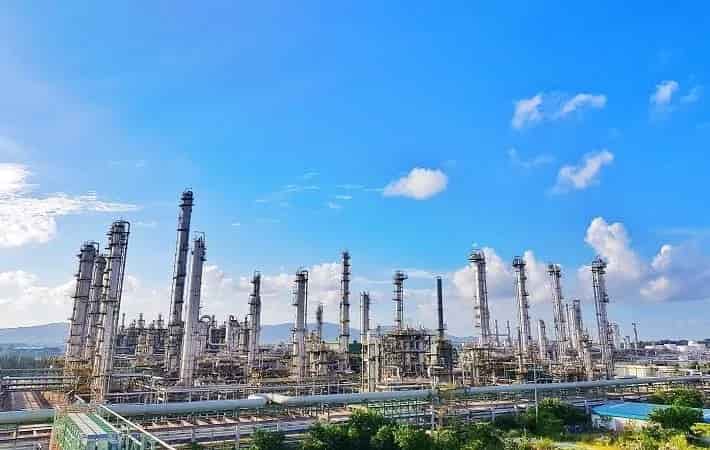
-Gerresheimer to use hybrid technology for glass melting at Lohr plant
Significant CO2 savings for sustainable glass tube and container production
At its Lohr plant, Gerresheimer produces more than one billion glass containers for the pharma and food industries every year. By using sustainable tank technology and green energy for the glass melt, the company aims to significantly reduce its CO2 emissions Photo Gerresheimer
With the use of hybrid technology, the Gerresheimer plant in Lohr plans to build a glass melting furnace for white glass in 2022, saving significantly more CO2 than conventional technology. The company has submitted a funding application to the German Federal Ministry for the Environment for this pioneering innovative project according to the press release datelined Düsseldorf/Lohr, 13 September 2021.
With modern and sustainable glass production technology, Gerresheimer’s plants in Germany set exemplary standards for all of the company’s plants in Europe, America, and Asia, particularly in innovations for greater sustainability. “This pioneering technology project serves to strengthen Germany as an industrial and glass location. With this innovative technology, we will set new standards in terms of sustainability and avoidance of emissions,” said Andreas Kohl. As Global senior vice president of Operations, Kohl is responsible for worldwide container glass production and its technical development in the Gerresheimer Group.
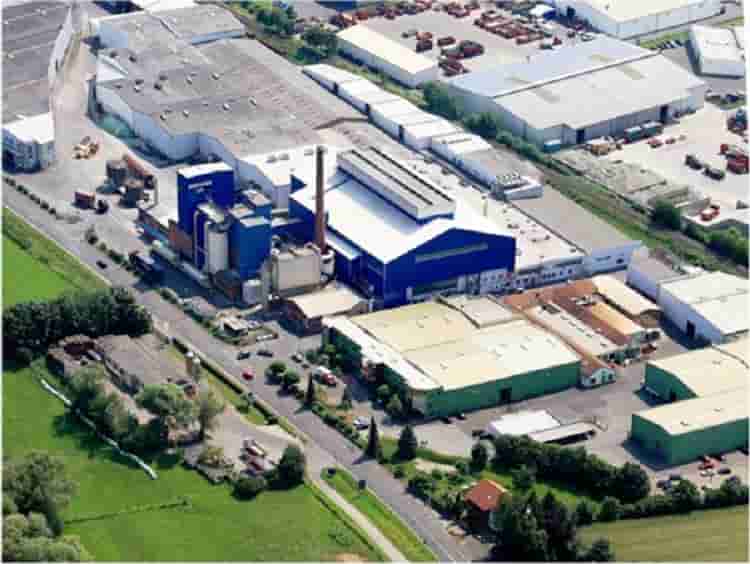
-SRUC research into bio-mass derived foam from hemp offers new commercial opportunities
With an increase in online shopping during the coronavirus pandemic, the development of alternative sustainable packaging has never been more important.
However currently more than 95 per cent of the foams, including polyurethane (PU) and polystyrene (PS), are made from petrochemicals – which release up to five times their mass in atmospheric CO2 during manufacturing.
Now, for the first time, researchers at SRUC and Riga Technical University (RTU) in Latvia, have found that waste materials from wood and hemp biomass can be processed into sustainable foams for use in packaging, cushions and insulation.
Unlike foams sourced from petrochemicals, biomass-derived foams can significantly capture and sequester atmospheric CO2.
In addition, the biorenewable and biodegradable foams promise both high performance and sustainability.
The researchers used an economic process of microfluidic processing and freeze-drying to create nanocellulose (NC) foams from wood and hemp fibres.

-Indian Srichakra Polyplast commissions food-grade plastic recycling facility
Srichakra Polyplast has commissioned a food-grade quality recycled polyethylene terephthalate (PET) pellet facility and a new polyolefins recycling facility to produce deodorised bottle-to-bottle grade quality polyolefin pellets, according to The Hindu BusinessLine.
The Hyderabad-based plastic recycling and waste management company has invested USD10 million to strengthen its recycling capabilities for high grade recycled plastic to customers in India and global markets such as Europe and the United States.
The company’s new facility features US Food and Drug Administration-approved technology provided by Starlinger.
The company produces food-grade quality PET pellets, which can be used to produce food and beverage packaging such as water, carbonated soft drink and juice bottles as well as takeaway containers, and high quality deodorised polyolefin pellets, which can be used in home and personal care product packaging such as lotion, shampoo and detergent bottles.
Ravindra Venkata, CEO and Co-founder of Srichakra, said, “The new facility enables us to produce food-grade quality recycled plastic for customers and also gives locally-sourced plastic a new life, preventing it from entering the environment.”
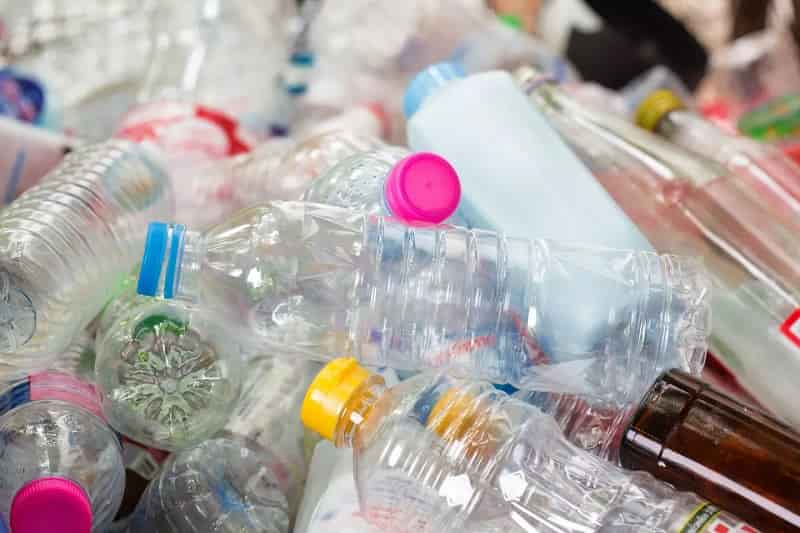
-BP and Brightmark to explore developing plastics renewal plants in Europe
The companies are examining possible plants in Germany, the Netherlands or Belgium.
London-headquartered BP and Brightmark, a global waste solutions company based in San Francisco, have signed a memorandum of understanding (MOU) to evaluate opportunities for the development of the next generation of plastic waste renewal plants in Germany, the Netherlands and Belgium.
According to a joint news release, the MOU combines BP’s knowledge and trading experience in refining and petrochemical markets with Brightmark’s proprietary advanced recycling technology. The companies will evaluate opportunities for projects that convert end-of-life plastics into petrochemical feedstocks for plastics and other industrial applications.
Brightmark and BP say they intend to work together to develop plans that could lead to the construction of an initial European plant.
“Bringing our plastics renewal solution to Europe is a key next step in delivering on our mission to reimagine waste and create a circular economy globally,” says Bob Powell, founder and CEO of Brightmark.
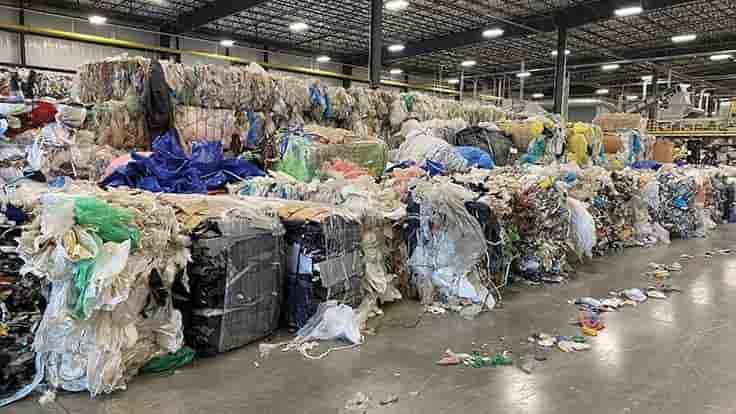
-Is Brics becoming a fading giant?
IT was 13 years ago when the world, mainly developing countries, celebrated the birth of what would be known as Brics — a group of five major emerging economies: Brazil, Russia, India, China, and South Africa. Its annual summits have always attracted global attention because the rise of Brics was expected to be a global game-changer in the field of international and diplomatic relations.
However, no one would have guessed that its 13th summit, held virtually on September 9 this year, would slide unnoticed for such a promising giant.
At its inception, there were four countries before South Africa was inducted in the group.
Part of the Brics objectives was to improve the global economic situation and reform financial institutions, and how the five countries could better co-operate for their benefit and those of emerging and developing countries.
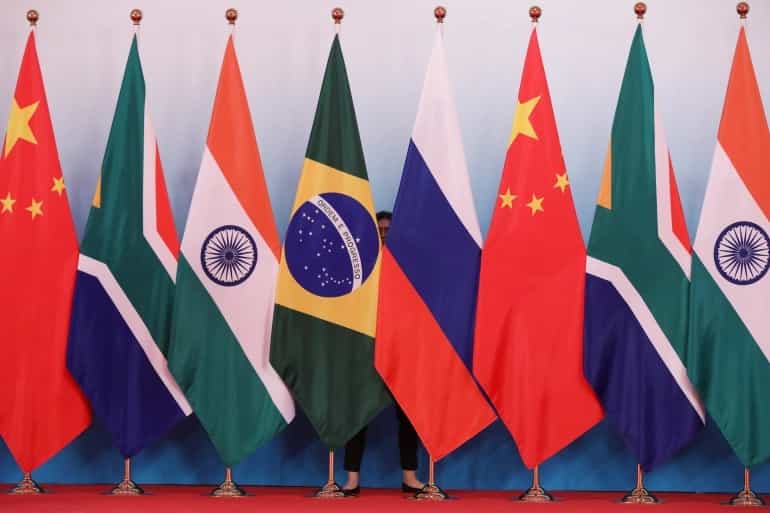
Plastics recycling via pyrolysis
